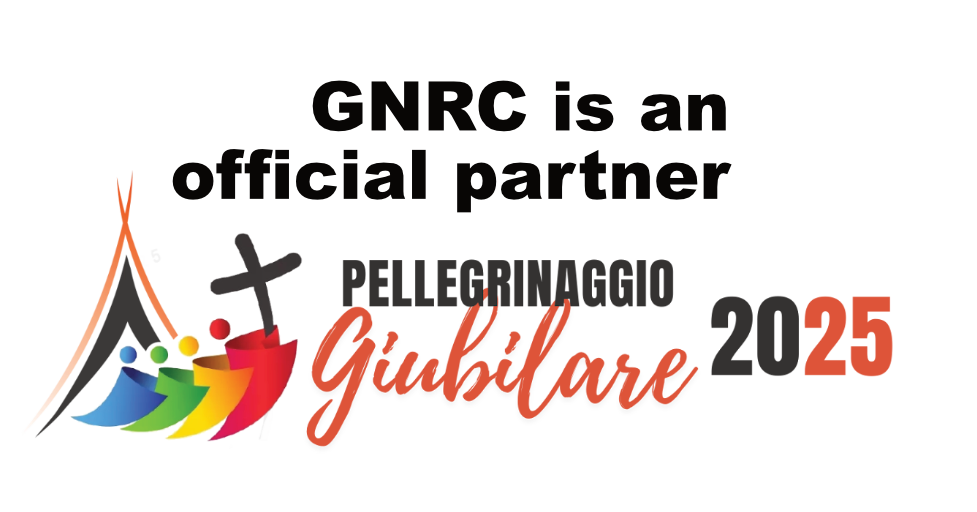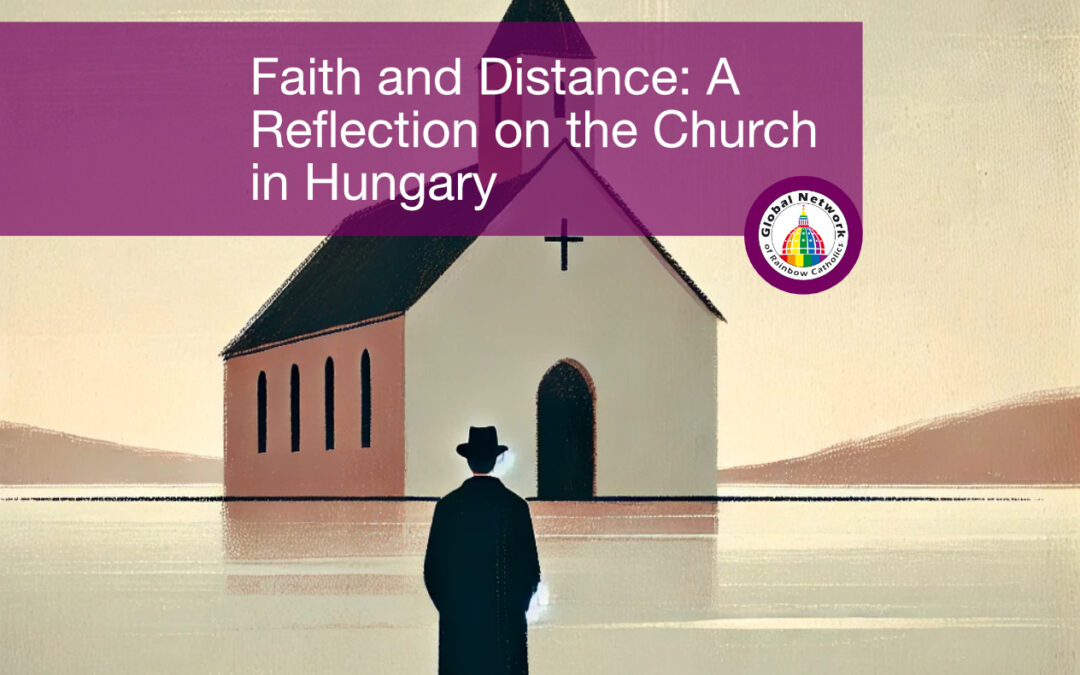Faith and Distance: A Reflection on the Church in Hungary
Hungary is a nation with deep Catholic roots and a long tradition of Christian faith. But today, more and more people are stepping away from religious affiliation. The most recent census shows a steep decline in Catholic identity, and even broader shifts away from formal religious practice. For those of us committed to pastoral care and inclusion, this raises serious questions about what people are experiencing in their spiritual lives—and what they’re no longer finding in their Church.
In our journey with LGBTIQ Catholics around the world, we’ve seen similar stories unfold. When the Church becomes closely tied to national identity or political messaging, it risks losing sight of the personal, pastoral, and deeply spiritual needs of the people it serves. Political leaders may speak about Christian values, renovate buildings, or fund church institutions. But that’s not the same as nurturing faith. And it doesn’t answer the quiet question in many hearts: “Do I still belong here?”
Faith grows through welcome. It deepens through relationships, not through power. The Hungarian bishops have pointed to a broader European trend of secularization, and it’s true that fewer people across the continent are connecting with the Church. But behind those statistics are personal stories—people who no longer feel seen, heard, or included. Some may feel abandoned. Others may feel that the Church has become part of a system that overlooks their struggles.
This isn’t only about politics. It’s about presence. The presence of a Church that listens. The presence of leaders who choose community over control. The presence of believers who carry the Gospel through kindness, humility, and justice.
The Church in Hungary has received public funding, returned properties, and expanded its schools. But at the same time, millions have drifted away. That contrast matters. It reminds us that external growth doesn’t always reflect internal healing. Real spiritual belonging can’t be legislated or built through media campaigns. It happens when people feel known and needed—when they can bring their whole selves into the pew, the parish hall, or the prayer group.
We’ve seen the beauty of this belonging in LGBTIQ Catholic communities who create safe, faith-filled spaces for one another. We’ve heard the stories of Catholics who left and returned—because someone reached out with compassion, not judgment. This is what Church can be. And in places where that has been lost, the path forward begins with listening again.
Hungary’s situation is complex. Church and state relations are closely tied. The public image of Christianity is carefully managed. But inside, people are searching for something deeper. Not just tradition. Not just rhetoric. They are searching for the presence of God in lives that feel uncertain, divided, or left out.
In that search, every step matters. Every story shared. Every conversation that dares to ask, “What kind of Church are we becoming?” And “Who still feels welcome here?”
The hope is not gone. It’s there in the quiet work of communities that gather in prayer, in support groups that speak openly, in families who choose love even when the structures around them don’t. It’s there whenever people choose the path of faithfulness, even when the way forward feels unclear.
That’s the Church we believe in. One rooted in the Gospel. One that keeps its heart open. One that still says: you are not alone. You belong.
—GNRC
#CatholicChurch #FaithJourney #InclusiveFaith #QueerCatholics #ChurchAndState #SpiritualBelonging #CatholicVoices #LGBTQFaith #ReligionToday #ChurchInTransition


